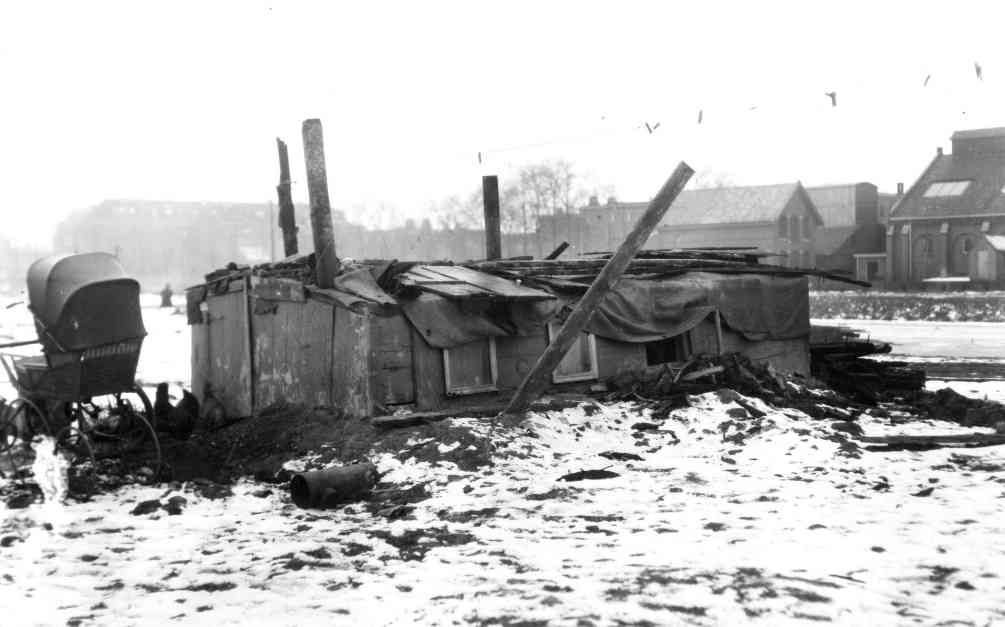The 27 member countries of the European Union realize that it is difficult to reverse decades of dependence on Russian oil, natural gas.
Now, the EU is discussing sanctions against Russian oil. This could include a boycott. This is what this could mean for Europeans and others around the globe.
What is the cost of energy for Russia?
Even though governments are condemning the war, oil and gas continue to flow to Europe. According to calculations made by the Bruegel think-tank in Brussels, $450 million a days is sent to Russia for oil and $400 millions a day for natural gas.
This means that energy revenue is helping to boost the Kremlin’s budget and adding foreign currency reserves, even though Western sanctions have hit Russia’s overseas reserves. Between 2011 and 2020, the average Russian government got 43% of its oil and gas revenue.
How much Russian oil is sent to Europe?
According to the BP Statistical Review of World Energy, Europe is the largest purchaser of Russian crude oil, with 138 million tonnes of Russia’s total exports of 260 millions tons. This amounts to 53%. Europe imports nearly all its crude oil from Russia, and gets only 25% of its supplies from Russia.
Oil can be used to make fuel for heating or driving, as well as a raw material in industry.
Why are we focusing on oil and not natural gas?
Because natural gas is mainly transported by pipeline, it’s difficult to find other sources. It would be simpler to find alternative sources of oil because it is mostly transported by tanker and traded worldwide.
For now, natural gas is not on the table. Germany is a heavy user of natural gas and industrial associations warn that a cutoff in an instant could lead to job losses.
Economists believe that cutting off oil and natural gas would lead to a recession in Europe. Although European governments have agreed to stop Russian coal imports beginning in August, this is only a small portion of energy payments to Russia.
What would happen if Russia didn’t have oil?
Before the war, Europe imported 3.8million barrels per day from Russia. The European market could buy those barrels from Middle East suppliers, whose oil exports mostly go to Asia. They also source oil from the United States and Latin America. In the meantime, oil from Russia could replace Middle East oil shipments to Asia.
Global markets would need to adjust, but it could take some time. Customers in Europe might have to work quickly to reverse the normal east-west movement for oil via rail, truck, and river barge. Russia’s oil is used to make gasoline and other products. Many major refineries rely on the Russian pipeline.
The Bruegel think-tank analysts say that European countries should be prepared to impose measures to reduce fuel consumption, including making public transport completely free and encouraging car-sharing. If these measures fail to work, more severe ones like odd-even driving bans that are based on license plates numbers will be necessary. Similar measures were taken by Germany during 1973’s OPEC oil embargo. Germany imposed Sunday car-free days.
Analysts stated that this would allow markets to reorient away from Russian oil in a structural way.
One way to stop shortages is to impose a ban on oil imports for the remainder of the year. Germany already stated that it will end Russian oil imports by the end of this year.
Oil prices would rise, not only for Europe, but also for the rest the world, as oil is a global commodity. It would also be more expensive, since Russia has a net loss in oil supplies. This would lead to higher fuel costs and consumer inflation.
Russia is a major supplier to Europe of diesel fuel for trucks, farm equipment and other vehicles. This means that its prices can have an impact on the cost of many food items and products.
What would happen to global oil markets?
Due to logistical and shipping constraints, Russia’s oil could not be diverted from Europe to Asia. If there were possible sanctions problems with the West, it’s not known to what extent buyers from India and China would purchase Russian oil.
Saudi Arabia, the OPEC oil cartel that is led by Saudi Arabia — who sets production levels alongside allied non-members Russia like Russia — has made clear it will not increase output to compensate for any Russian supply loss due to a boycott.
Claudio Galimberti (senior vice president for analysts at Rystad Energie), stated that “it would be a major major, major and major rebalancing crude flows.” It’s theoretically possible. It’s not possible to redirect everything.
As economies recovered from the COVID-19 pandemic in 2011, global demand for oil was already high. Uncertainties over the war only exacerbated tight markets and high prices. The U.S. President Joe Biden ordered the release of the strategic petroleum reserve to counter rising gasoline prices. In addition, 30 other countries have also agreed to supply more oil to the global marketplace.
A loss of Russia’s 3.8million barrels to Europe or other countries refusing to buy its oil could lead to a dramatic price rise to $180 per barrel. This would be followed by sharp falls due to economic growth and declining demand. Galimberti stated that it does not appear like this will be the case.
Rystad expects a loss between 1.5 million and 2 million barrels per hour, with oil reaching $120-$130 per barrel by the end of the year.
The milder scenario in which all Russian oil is rejected by Europe is bought at a discount in energy-hungry nations would result in a loss of 1 million barrels each day. Oil prices would fall below $100 in June, and continue to fall to $60 by the end of the year. This is not far from the current situation. Some traders and banks are shunning Russian oil, even without sanctions.
Galimberti stated that although it is a large price range, it is reflective of the uncertainty surrounding the Russian loss.
What would Russia pay for a boycott?
Russia’s main export benchmark, Urals crude oil, has seen a 35-per-barrel discount to Brent, an international benchmark. Russia has not suffered any revenue losses due to higher oil prices. These foreign currency earnings help to support Russian finances amid sanctions.
Galimberti stated that Russia is in business as long as Russian barrels are found a market. “The moment they stop looking for a market, it is the moment oil prices rise and Russia will be in serious economic trouble.”




















